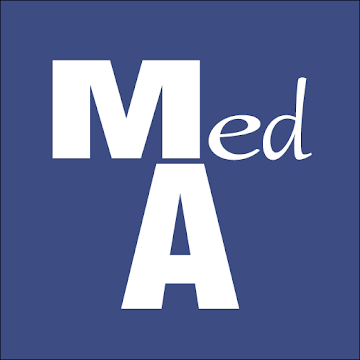It has been a while since we posted a Regulatory Reminder notification, so here goes! This morning as I was responding to an email about a specific application of the 3-day stay waiver, I noticed that on Wed. this week, CMS revised the clarification memo SE0011 relative to these waivers. In particular, the text below is the portion that was revised.
The emergency SNF QHS and benefit period requirements under Section 1812(f) of the Social Security Act help restore SNF coverage that patients affected by the emergency would be entitled to under normal circumstances. By contrast, these emergency measures don’t waive or change any other existing requirements for SNF coverage under Part A such as the SNF level of care criteria, which remain in effect under the emergency.
Using the authority under Section 1812(f) of the Social Security Act, CMS doesn’t require a 3-day prior hospitalization for coverage of a SNF stay, which provides temporary emergency coverage of SNF services (including SNF-level swing-bed services in rural hospitals and CAHs) without a QHS, for those people who experience dislocations, or are otherwise affected by COVID-19. At the same time, we’re monitoring for any SNF admissions under Section 1812(f) that don’t meet the SNF level of care criteria (which, as noted above, remain in effect during the emergency), and we’ll take appropriate administrative action in any instances that we find. See SNF Billing Reference for more information on SNF eligibility and coverage requirements.
You will notice the red underlined portion is the language that has been added. Clearly, CMS is aware of instances where the 3-day stay waiver has been applied inappropriately in that they are going to be looking for cases where skilled level of care was not provided in connection with the application of this waiver and will, “take appropriate administrative action in any instances that we find”.
From CMS 100-2 chapter 8, care in a SNF is covered if all of the following four factors are met:
- The patient requires skilled nursing services or skilled rehabilitation services, i.e., services that must be performed by or under the supervision of professional or technical personnel; are ordered by a physician and the services are rendered for a condition for which the patient received inpatient hospital services or for a condition that arose while receiving care in a SNF for a condition for which he received inpatient hospital services;
- The patient requires these skilled services on a daily basis (see §30.6); and
- As a practical matter, considering economy and efficiency, the daily skilled services can be provided only on an inpatient basis in a SNF. (See §30.7.)
- The services delivered are reasonable and necessary for the treatment of a patient’s illness or injury, i.e., are consistent with the nature and severity of the individual’s illness or injury, the individual’s particular medical needs, and accepted standards of medical practice. The services must also be reasonable in terms of duration and quantity.
Medically necessary skilled level of care should always be documented clearly, and in particular, when the 3-day stay waiver is utilized. If and when CMS begins audit activity related to this issue, it will be the documentation that makes or breaks your response to the MAC.
The email that I was responding to earlier today indicated that the resident had tested positive for COVID-19 but was asymptomatic and the question was whether this resident qualified for Part A under the 3-day stay waiver?
It is clear that A diagnosis, even of COVID-19, in and of itself is not the determining factor as to whether a skilled level of care criteria is being met. Note the four criteria above. However, after further discussion, the facility did, in fact, appear to be providing a skilled level of care under what is called Observation and assessment of the Patient’s Condition. This specific guideline can be found on page 28 and following of CMS 100-2 chapter 8.
There it states, “Observation and assessment are skilled services when the likelihood of change in a patient’s condition requires skilled nursing or skilled rehabilitation personnel to identify and evaluate the patient’s need for possible modification of treatment or initiation of additional medical procedures, until the patient’s condition is essentially stabilized.” It goes on to state that, “If a patient was admitted for skilled observation but did not develop a further acute episode or complication, the skilled observation services still are covered so long as there was a reasonable probability for such a complication or further acute episode. “Reasonable probability” means that a potential complication or further acute episode was a likely possibility.”
In my example, the facility was providing and documenting medically necessary, physician ordered respiratory COVID assessments every 6 hours to ensure that the resident remained stable and that there were no further complications. This appears, from CMS guidelines, to meet the criteria for providing a skilled level of care. Knowing, applying and documenting this will be the deciding factor in an audit.
Best Advice, “Don’t let your guard down.” While, as the memo indicates, these waivers remain in effect during the COVID Public Health Emergency, it is clear that CMS will be looking for inappropriate use of the waivers and will take appropriate action if they are discovered.

